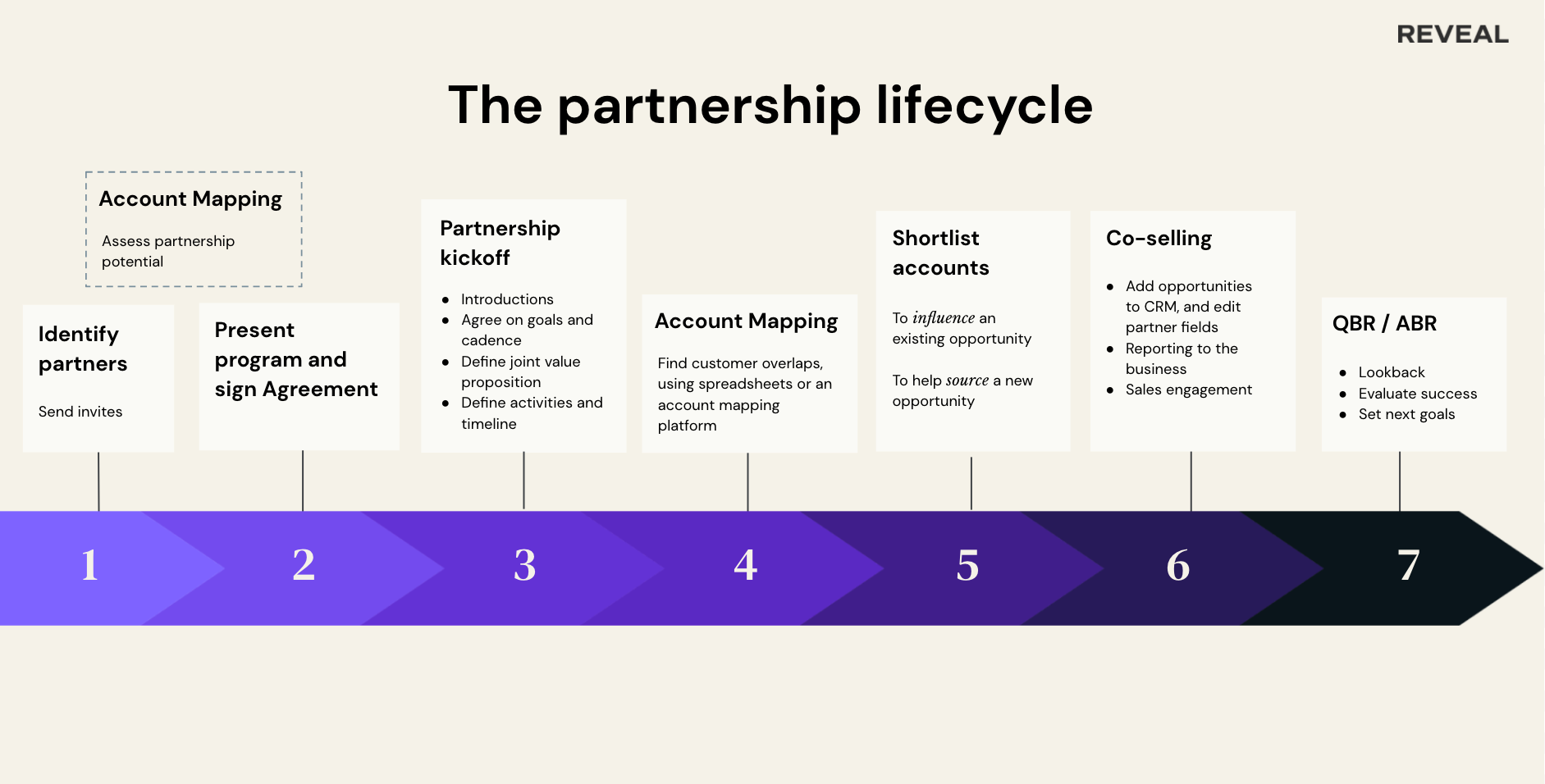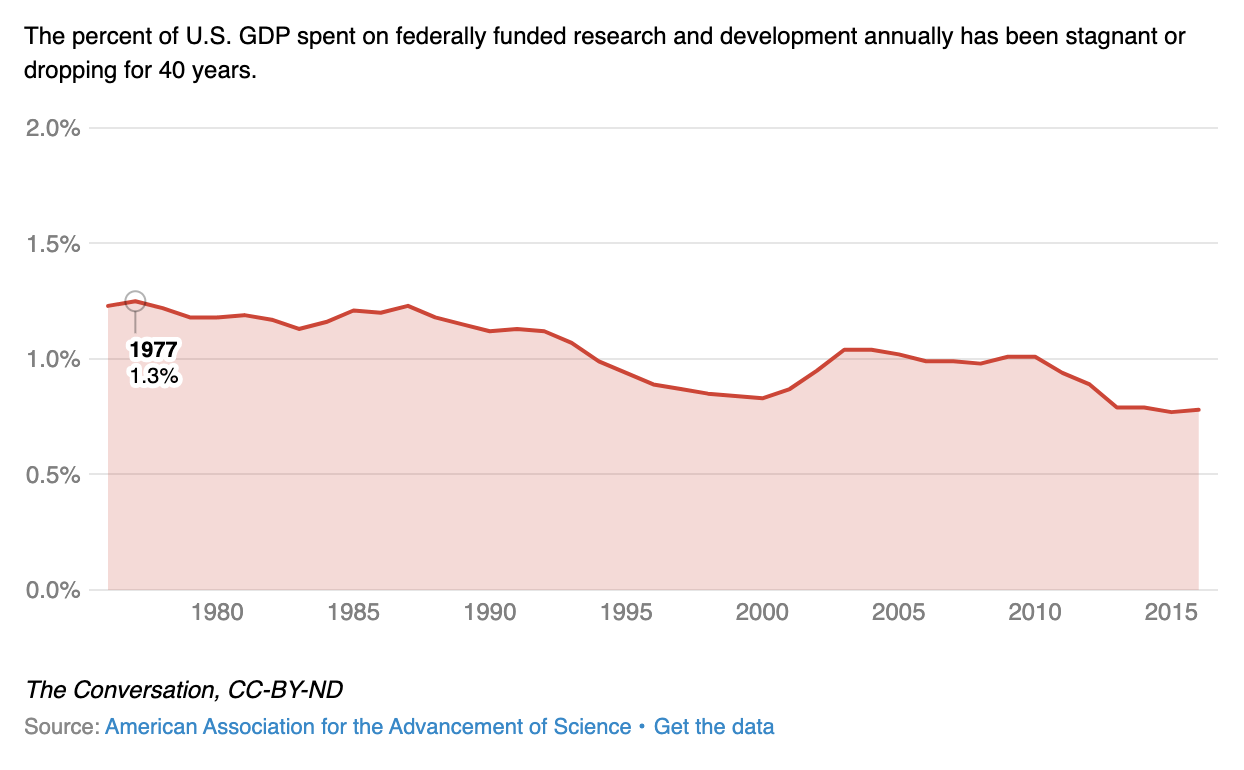Teams dedicated to boosting customer acquisition, retention and sales don’t necessarily have the time or tools to use data insights effectively. In a 2019 survey, NewVantage partners found that the percentage of firms identifying themselves as being data-driven declined in each of the past three years, with over half admitting that they’re not competing on data and analytics.
That’s why Ariel Maislos, who sold semiconductor startup Anobit to Apple for $400 million in 2012, partnered with Itamar Falcon and Michael Ehrlich to launch Coho AI, a product-led revenue optimization platform designed to help businesses — specifically software-as-a-service (SaaS) businesses — access insights for upselling and growth.
Coho AI today announced that it raised $8.5 million in a seed funding round led by Eight Roads, TechAviv and angel investors. CEO Falcon says that the capital will be put toward product R&D and expanding the size of Coho AI’s team, which currently stands at 17 people.
“Coho AI has developed a unique data consolidation platform that models the business value of a software-as-a-service company and maps it to the behavior of the customers in real time using machine learning and advanced analytics,” Falcon told TechCrunch in an email interview. “Coho AI’s behavioral modeling allows the crafting of personalized customer journeys that improve conversion metrics and help revenue teams, from sales and customer success, together with product teams, achieve higher growth and sales efficiencies.”
Coho AI’s target audience is sales, customer success and product teams within business-to-business (B2B) SaaS companies. The platform provides AI models to discover what makes a product “sticky” and what drives users to upgrade to a paid B2B SaaS subscription plan, as well as real-time usage models to spotlight upsell opportunities and churn risks and segmentation models to identify different users based on their behavior.
Falcon says that all the models are trained using anonymized data from Coho Ai’s customer base. “By doing so, we are creating a network effect that each of our customers gets the benefits of a larger data set, which results in a more accurate model,” he added.
Beyond the AI-driven features, Coho AI delivers a single source of truth that sales, product and customer success teams can pull data from on both users and accounts. An observability dashboard enables growth teams to identify where users are in the customer journey and tailor a specific experience to reduce drop-offs, while real-time triggers highlight growth opportunities including “free-to-play? and upsells.
“There is skepticism among SaaS leaders about whether an external tool can model their unique product value and turn it into actionable insights for go-to-market teams,” Falcon said. “[But] Coho AI truly helps companies improve metrics such as net revenue retention rate and sales efficiency, which have become more crucial in the current economic climate.”
Coho AI competes with startups including Correlated and Endgame, but Falcon says that the company already has “dozens” of customers and partners. He declined to provide revenue figures, however.
Coho AI, which uses AI to help B2B SaaS companies boost revenue, raises $8.5M by Kyle Wiggers originally published on TechCrunch


